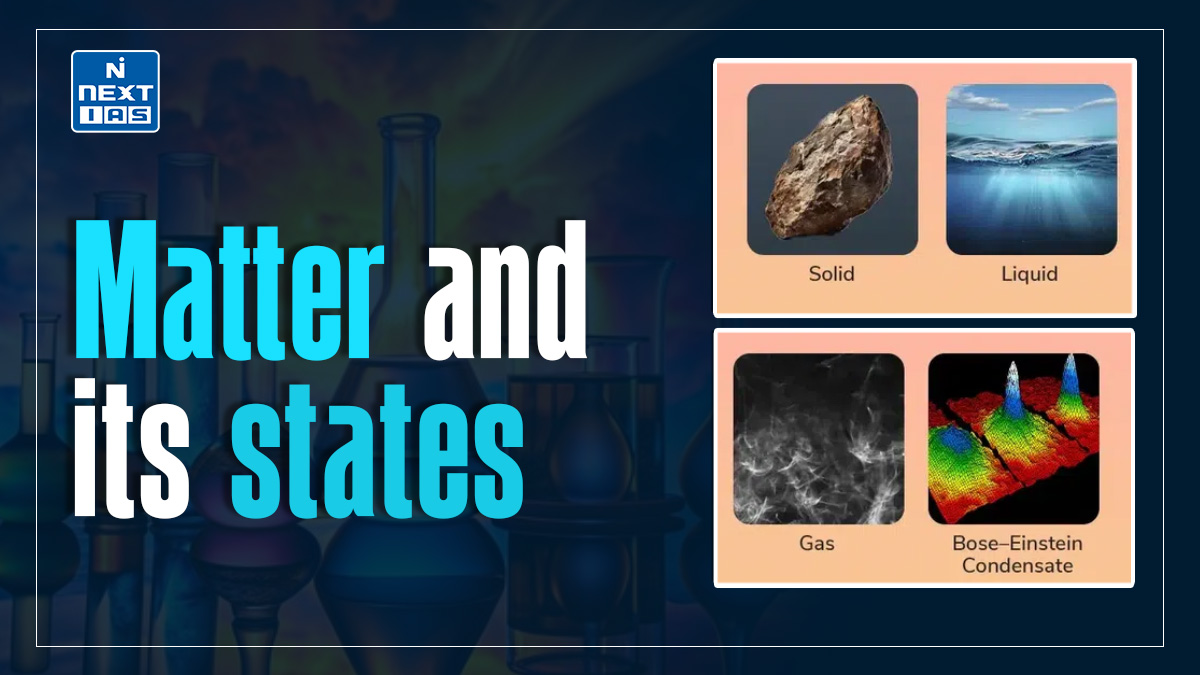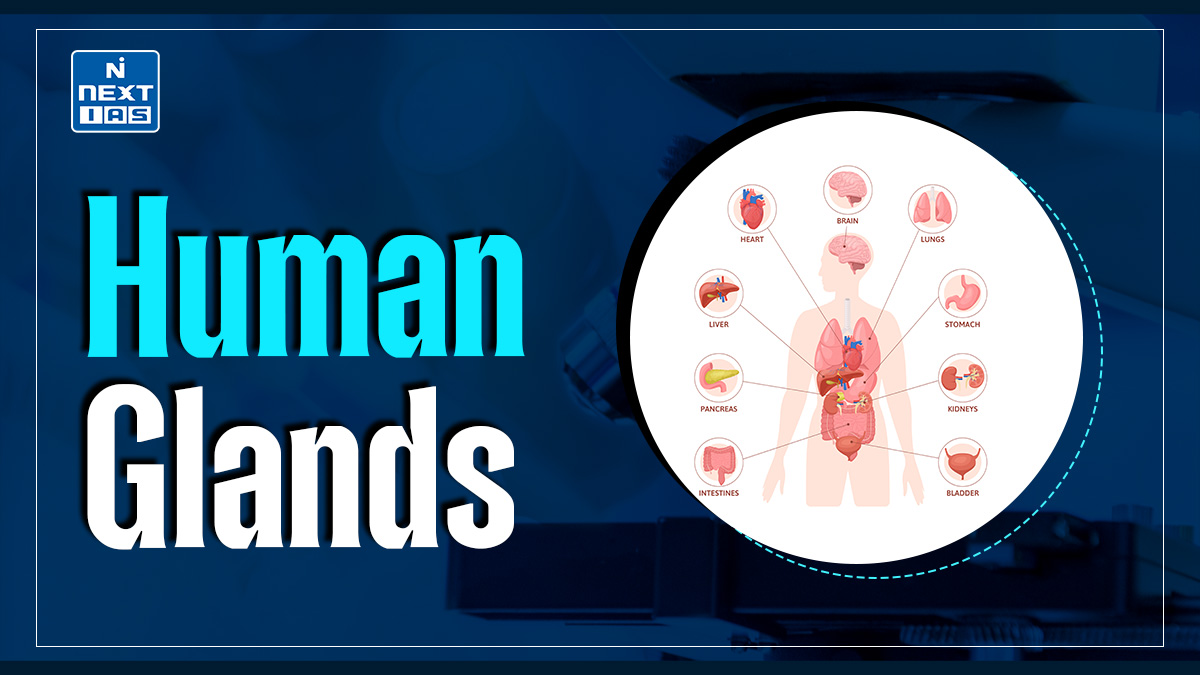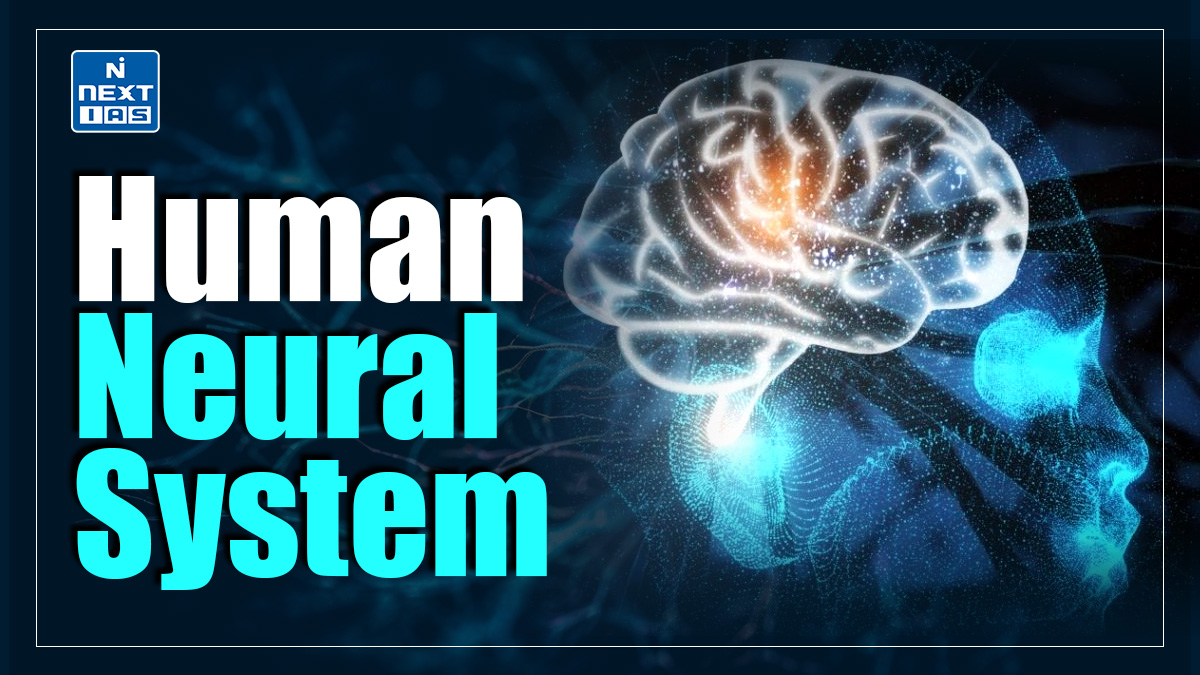
Micronutrients are essential nutrients, including vitamins and minerals, required by the body in small amounts for proper growth, development, and overall health. They support vital functions like immunity, energy production, and cellular repair. Though needed in tiny quantities, their deficiency can lead to serious health issues, emphasizing their critical role.
What are the Micronutrients?
- Micronutrients are essential nutrients required by the body in small amounts to maintain overall health and well-being.
- They include vitamins and minerals, which play crucial roles in various physiological processes. Vitamins are organic compounds, such as Vitamin A, B-complex, C, D, E, and K, that support immunity, energy production, and cellular function.
- Minerals, such as iron, calcium, magnesium, zinc, and potassium, are inorganic elements that help in bone health, oxygen transport, muscle function, and enzyme activation.
- Unlike macronutrients like carbohydrates, proteins, and fats, micronutrients do not provide energy but are indispensable for optimal functioning. Since the body cannot produce most of these nutrients, they must be obtained through a balanced diet. Deficiencies or excesses can lead to significant health problems.
Types of Micronutrients
Micronutrients are broadly classified into two types: vitamins and minerals. Both are essential for the body’s proper functioning and must be obtained from dietary sources.
Vitamins
Vitamins are organic compounds that support various biological processes. They are classified into two categories:
- Water-Soluble Vitamins: These dissolve in water and are not stored in the body, requiring regular intake. Examples include Vitamin C and B-complex vitamins (B1, B2, B3, B6, B9, B12).
- Fat-Soluble Vitamins: These dissolve in fat and are stored in the liver and fatty tissues. Examples include Vitamins A, D, E, and K.
Read our detailed article on Vitamins.
Minerals
Minerals are inorganic elements needed for structural and functional roles in the body. They are divided into:
- Macro-minerals: Required in larger amounts, such as calcium, magnesium, potassium, and sodium.
- Trace Minerals: Needed in smaller amounts, such as iron, zinc, copper, selenium, and iodine.
Each type of micronutrient has unique roles in maintaining health and preventing deficiencies.
Effects of Deficiency of Micronutrients in Human Body
Micronutrient deficiencies, often referred to as “hidden hunger,” can lead to serious health issues as these nutrients are essential for critical bodily functions. Below are the effects of deficiencies of key micronutrients:
Vitamin Deficiencies
- Vitamin A: Causes night blindness, a weakened immune system, and increases the risk of infections.
- Vitamin D: Leads to rickets in children and osteomalacia or osteoporosis in adults, affecting bone health.
- Vitamin C: Causes scurvy, leading to bleeding gums, fatigue, and delayed wound healing.
- Vitamin B12: Results in pernicious anemia, nerve damage, and cognitive impairment.
- Folate (B9): Causes neural tube defects in babies and megaloblastic anemia in adults.
Mineral Deficiencies
- Iron: Leads to iron-deficiency anemia, fatigue, weakened immunity, and poor cognitive development in children.
- Calcium: Causes weak bones, increased risk of fractures, and muscle cramps.
- Iodine: Results in goiter, hypothyroidism, and developmental delays in children.
- Zinc: Weakens immunity, delays wound healing, and stunts growth in children.
- Magnesium: Leads to muscle weakness, cramps, and irregular heart rhythms.
Micronutrient deficiencies can affect growth, energy levels, immunity, and mental health, underscoring the importance of a balanced diet.
Difference Between Micronutrients and Macronutrients
| Aspect | Micronutrients | Macronutrients |
|---|---|---|
| Definition | Nutrients required in small quantities for body functions. | Nutrients required in large amounts for energy and growth. |
| Examples | Vitamins (A, C, D) and minerals (iron, zinc, calcium). | Carbohydrates, proteins, fats, and water. |
| Functions | Support immunity, enzyme function, and overall health. | Provide energy, build and repair tissues, and regulate body processes. |
| Daily Requirement | Needed in milligrams or micrograms. | Needed in grams. |
| Energy Provision | Do not provide energy. | Provide energy (carbohydrates: 4 kcal/g, proteins: 4 kcal/g, fats: 9 kcal/g). |
| Storage in Body | Some are stored (e.g., fat-soluble vitamins), others are not. | Stored in the form of glycogen, fat, or muscle. |
| Deficiency Effects | Lead to diseases like anemia, rickets, or scurvy. | Cause energy imbalances, muscle loss, or fat accumulation. |
Both are essential for survival, but their roles and required amounts differ significantly. A balanced diet ensures the intake of both.
Sources of Micronutrients
Micronutrients are obtained from a variety of foods, ensuring a balanced intake of vitamins and minerals. Below are key micronutrients and their primary sources:
Vitamins
- Vitamin A
- Sources: Carrots, sweet potatoes, spinach, liver, fish, and dairy products.
- Vitamin C
- Sources: Citrus fruits (oranges, lemons), strawberries, bell peppers, broccoli, and tomatoes.
- Vitamin D
- Sources: Fatty fish (salmon, mackerel), egg yolks, fortified milk, and sunlight exposure.
- Vitamin E
- Sources: Nuts (almonds, sunflower seeds), spinach, and vegetable oils.
- Vitamin K
- Sources: Leafy greens (kale, spinach), broccoli, and soybeans.
- B-Complex Vitamins
- Sources: Whole grains, eggs, meat, fish, legumes, dairy, and leafy greens.
Minerals
- Iron
- Sources: Red meat, poultry, beans, lentils, tofu, spinach, and fortified cereals.
- Calcium
- Sources: Dairy products (milk, cheese, yogurt), fortified plant milk, kale, and almonds.
- Zinc
- Sources: Meat, shellfish, seeds (pumpkin, sesame), nuts, and legumes.
- Magnesium
- Sources: Nuts, seeds, whole grains, leafy greens, and dark chocolate.
- Potassium
- Sources: Bananas, potatoes, avocados, oranges, and beans.
- Iodine
- Sources: Iodized salt, seafood, seaweed, and dairy products.
Eating a variety of fruits, vegetables, whole grains, proteins, and fortified foods is essential to meet micronutrient needs.
Recently Discovered Micronutrients
In recent years, researchers have identified and emphasized the importance of several newly discovered or previously underappreciated micronutrients that play key roles in human health. Below are some of the notable ones:
- Choline
- Role: Vital for brain development, nerve function, and liver health. It also supports cell membrane structure and neurotransmitter production.
- Sources: Eggs, liver, fish, soybeans, and broccoli.
- Discovery Note: Officially recognized as an essential nutrient in the late 20th century but gained more focus in recent years.
- Vitamin K2 (Menaquinone)
- Role: Essential for calcium metabolism, bone health, and cardiovascular health by directing calcium to the bones and teeth rather than arteries.
- Sources: Fermented foods (natto), cheese, and animal products.
- Discovery Note: A subtype of Vitamin K, its unique roles separate from Vitamin K1 were highlighted in recent decades.
- Selenium
- Role: A trace mineral critical for antioxidant defense, thyroid hormone regulation, and immune function.
- Sources: Brazil nuts, seafood, and eggs.
- Discovery Note: Identified earlier but its widespread deficiency impact and biological significance have been increasingly studied.
- Phytochemicals and Bioactives (Emerging Role as Micronutrients)
- Examples: Flavonoids, polyphenols, carotenoids, and glucosinolates.
- Role: Act as antioxidants, anti-inflammatory agents, and modulators of chronic disease risk.
- Sources: Fruits, vegetables, tea, spices, and herbs.
- Discovery Note: Though not traditionally classified as micronutrients, their biological effects have led to ongoing studies.
- Omega-3 Fatty Acids (as Conditional Micronutrients)
- Role: Important for brain development, heart health, and reducing inflammation.
- Sources: Fatty fish, flaxseeds, walnuts, and algae.
- Discovery Note: Previously categorized as macronutrients but increasingly studied for their micronutrient-like cellular effects.
- Boron
- Role: A trace mineral involved in bone health, hormone regulation, and cognitive function.
- Sources: Fruits, nuts, leafy greens, and legumes.
- Discovery Note: Recognized more recently for its biological importance, especially in bone metabolism.
Ongoing research continues to uncover new roles for these and other micronutrients, highlighting their significance in preventing disease and promoting health.
Way Forward
To advance micronutrient initiatives, prioritize fortified food distribution, diversify diets, and promote biofortified crops. Strengthen public awareness campaigns and integrate micronutrient supplementation in health programs. Enhance global partnerships, invest in research, and improve monitoring systems to ensure targeted interventions reach vulnerable populations for sustainable impact on nutrition and public health.
Conclusion
Micronutrients, including vitamins and minerals, are vital for optimal health, supporting immune function, energy production, and overall well-being. Adequate intake through a balanced diet or supplements prevents deficiencies and chronic diseases. Their critical role underscores the need for awareness, ensuring individuals meet their nutritional requirements for a healthier life.
GS - 3





